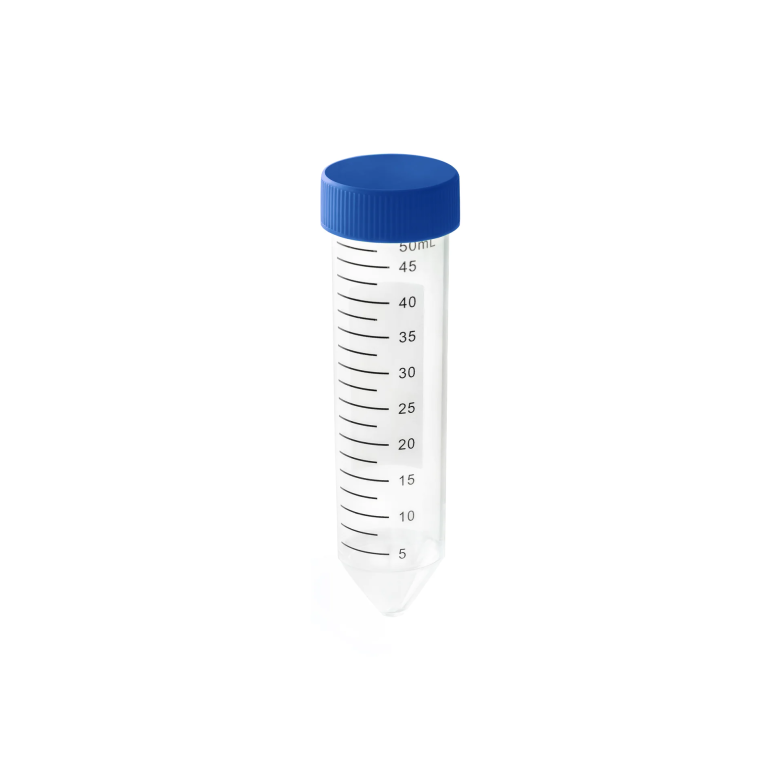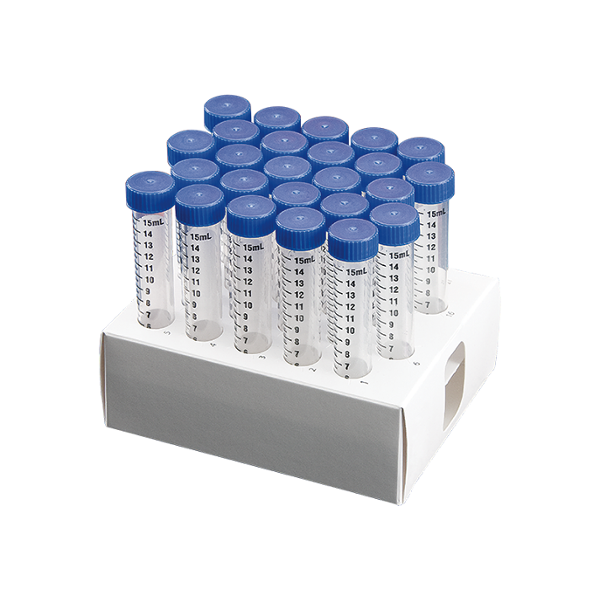A deep well plate is a type of laboratory equipment used for various biochemical assays and procedures. Some key features of deep well plates:
– They are plastic plates that contain multiple small wells, similar to a standard 96-well plate used for PCR or ELISA assays. However, the wells in deep well plates are much deeper and can hold larger volumes, usually 0.5 ml to 2 ml.
– The deep wells allow for larger sample and reagent volumes to be used in assays. This is useful for applications like compound screening, genomics, and proteomics that require more material.
– Deep well plates come in different well densities, such as 24, 48, or 96 wells per plate. The wells are arranged in rows and columns to form a matrix layout like a standard 96-well plate.
– They are made from materials like polypropylene that are chemically resistant and non-binding. This allows them to be compatible with various solvents, acids, and bases used in assays.
– Deep well plates have lids to prevent spillage and evaporation. The lids can be full to completely seal the wells or have holes/slits to allow gas exchange.
– They are compatible with multichannel pipettes and liquid handling robots to allow for automation and high-throughput screening workflows.
In summary, deep well plates provide an easy way to run biochemical assays that require larger volumes than a standard 96-well plate can handle. Their high-density format and automation compatibility make them useful for high-throughput applications.


